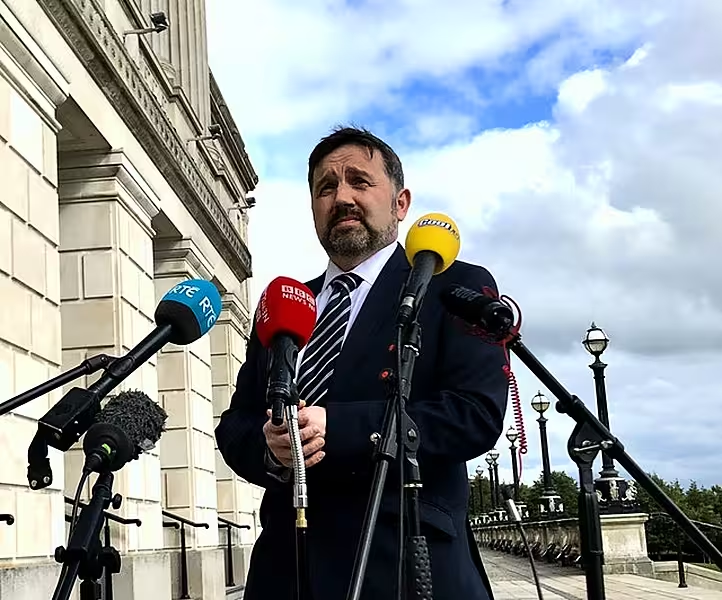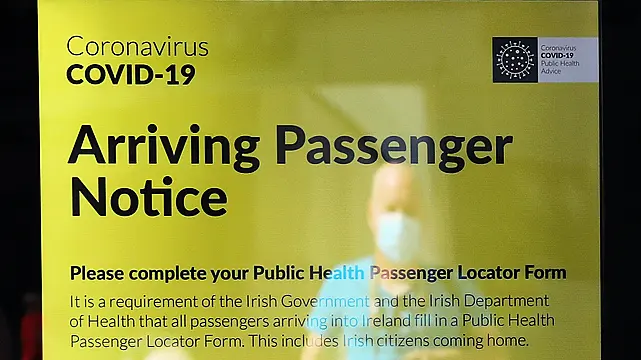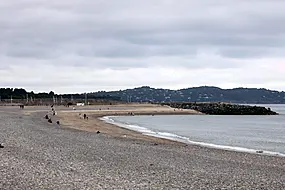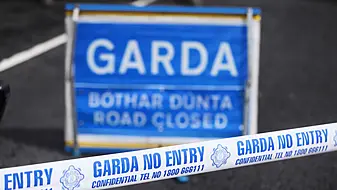Robin Swann has written to the minister expressing concern about the “inability” of both jurisdictions to capture and share information about passengers transiting through one part of the island to the other.
In the letter, Mr Swann told Mr Donnelly that his officials were facing “serious impediments” in monitoring travellers who cross the border having landed in the Irish Republic from an at-risk country.

Such passengers are required to self-isolate in the North for 14 days.
Mr Swann said the system was reliant on people filling in a passenger locator form within 48 hours of entering Northern Ireland.
He said if they failed to fill in those forms, the authorities in the North had no way of tracing them.
“The logical solution is to ensure that all international travellers landing on the island of Ireland provide data which is accessible for compliance checks in our respective jurisdictions,” Mr Swann wrote.
“I would welcome the opportunity to engage with you on this with a view to finding a rapid resolution, including the introduction of new legislation and data-sharing agreements as required.
“I believe this would be a significant achievement which would demonstrate our commitment to working together to effectively address common challenges.”

On Thursday, executive ministers in Belfast agreed to write to the UK and Irish governments requesting that a meeting of the British Irish Council is convened to discussing travel issues presented by Covid-19.
The council includes the two governments and representatives from all the devolved regions in the UK.
Ministers on both sides of the Border are already due to meet to discuss issues of mutual interest at a North South Ministerial Council meeting in Dublin next Friday.
There are some significant differences in policy adopted on both sides of the border.
The Republic's green list of countries deemed safe for travel only extends to 15 nations while a similar list issued by the Northern executive includes almost 60 destinations.







